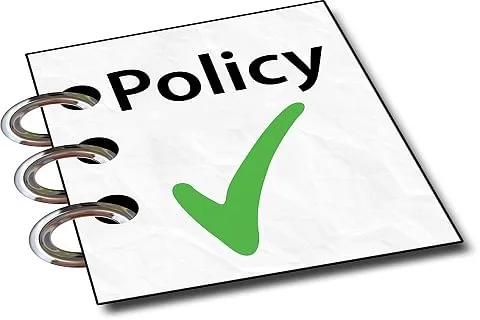The draft education policy of 2019 fails to focus on thequestion of access and inclusion in the context of the immense disparity anddiversity in India. The over emphasis on the neo-liberal market orentationseems to commodify education and makes it more inaccessible to the children ofthe poor and marginal groups.
The over centralisation through the bodies like RashtraShikshan Ayog hampers the concurent status of education. The autonomy ofvarious bodies as well as the autonomy of the state of Jammu and Kashmir alsocomes under threat. This centralisation on the one hand neglects the localcontexts and modes of learning-teaching while on other side curtails thefreedom to research.
The state of Jammuand Kashmir is still trying to bring more and more students into highereducation and the draft recommendation of ‘consolidation’ in terms of havinglarger multi-disciplinary institutions goes against the idea of more inclusiveaccess to good quality education and a focus on specialisation.
The state is severely short of good qualified teachers atschool and higher education level and needs to focus on appropriate recruitmentand frequent professional development. But thedetailed mechanisms ofperformance appraisal and promotions given in the report seem highlycentralised and regressive. This makes teachers more vulnerable and open toharrassment from the bureacracy and political and dominant community leaders.
The national programme of employing ‘volunteers’, ‘studenttutors’ and ‘remedial instructional aides’ needs to be dispensed with. There isno getting away from having good, qualified teachers especially for childrenfrom disadvantage backgrounds. Morever, the idea of having retired armyofficers /jawans as teacher volunteers is a very dangerous trend and completelyuncalled for in J&K which is already facing deep political turmoil.
The three language formula, as proposed by the reportoverlooks the crucial challenge faced by the state to actually implement a goodlanguage learning approach beginning from the first spoken language (whichincludes many languages other than those being used in the current schoolingsystem). In fact J&K has to evolve an education approach wherein thetransition from the first language to a second regional language and Englishhas to be carefully worked out with due prepration of teachers.
As given by the NCF, 2005 the curriculum should include aculturally contextual approach where children construct knowledge forthemselves by actively interacting within the classroom and with thesurroundings. This document doesn’t reflect such approach on critical pedagogy.
We hope that the Govt. of India will give seriousconsiderations to these suggestions.
The summing-up of the discussion on the report for the DraftNational Education Policy, 2019 held at Ascent Group Study Circle incollaboration with HELP Foundation, J&K at their Tulsi Bagh Office. In thisgathering a cross section of Academicians, School and College teachers andcivil society members participated. Briefing the media, the author, FormerChairman, JKPSC, Chairman ASCENT Group mentioned these points as the upshot ofthe discussion.






